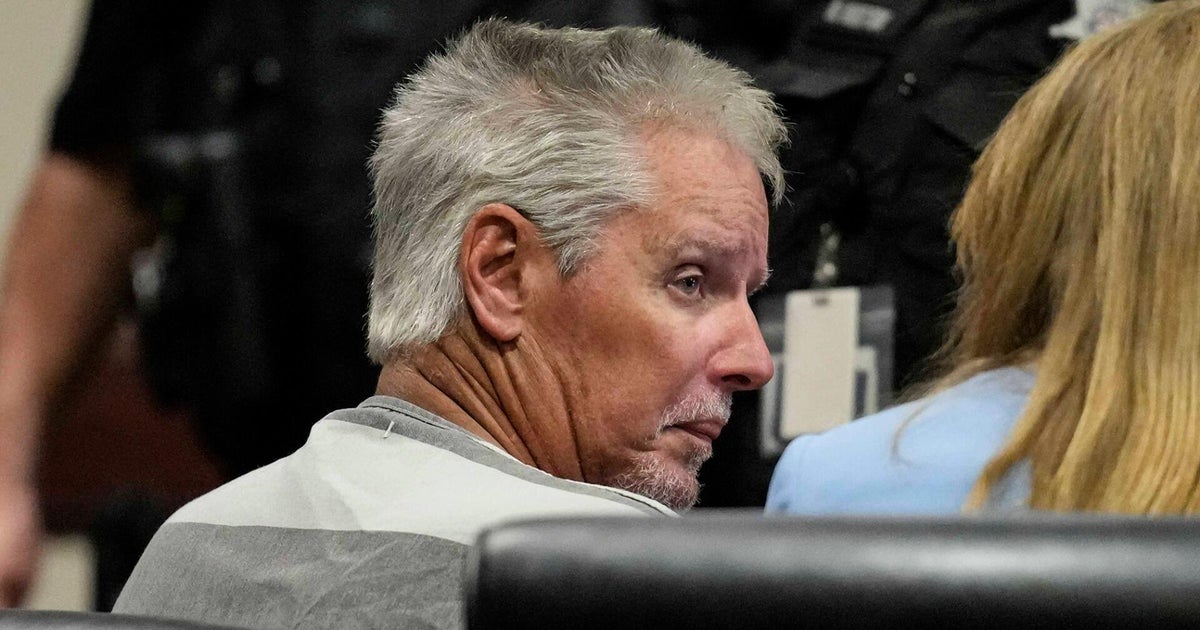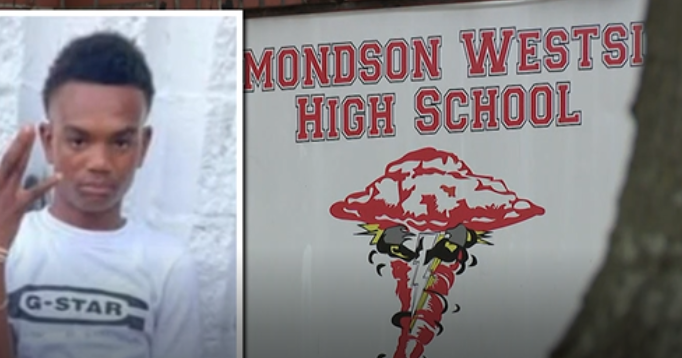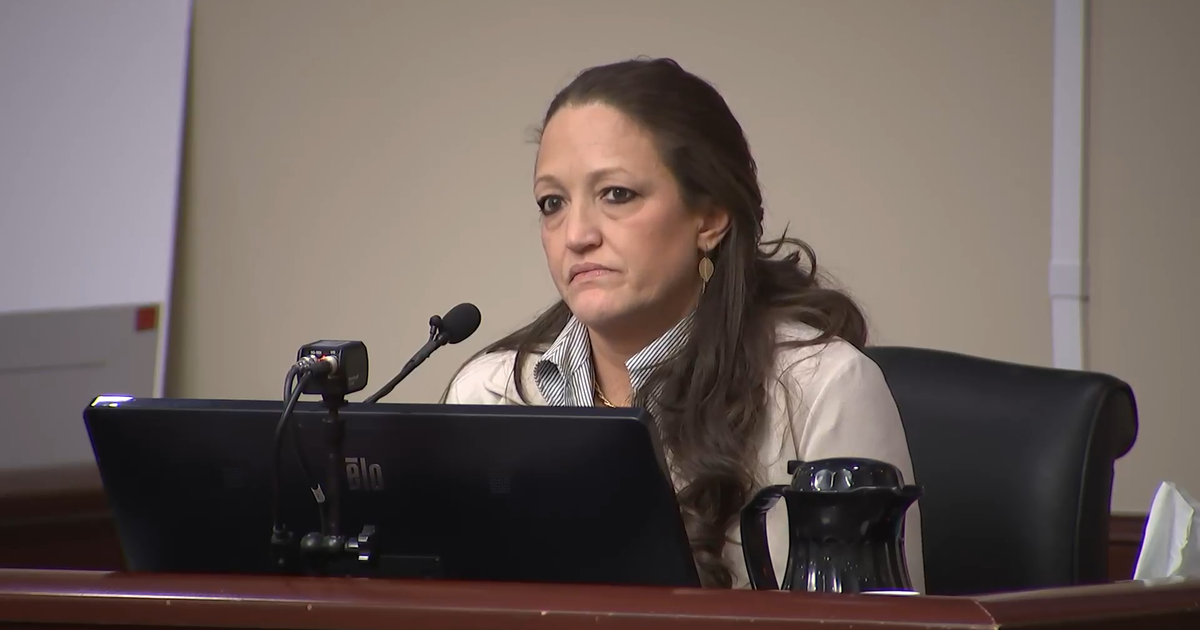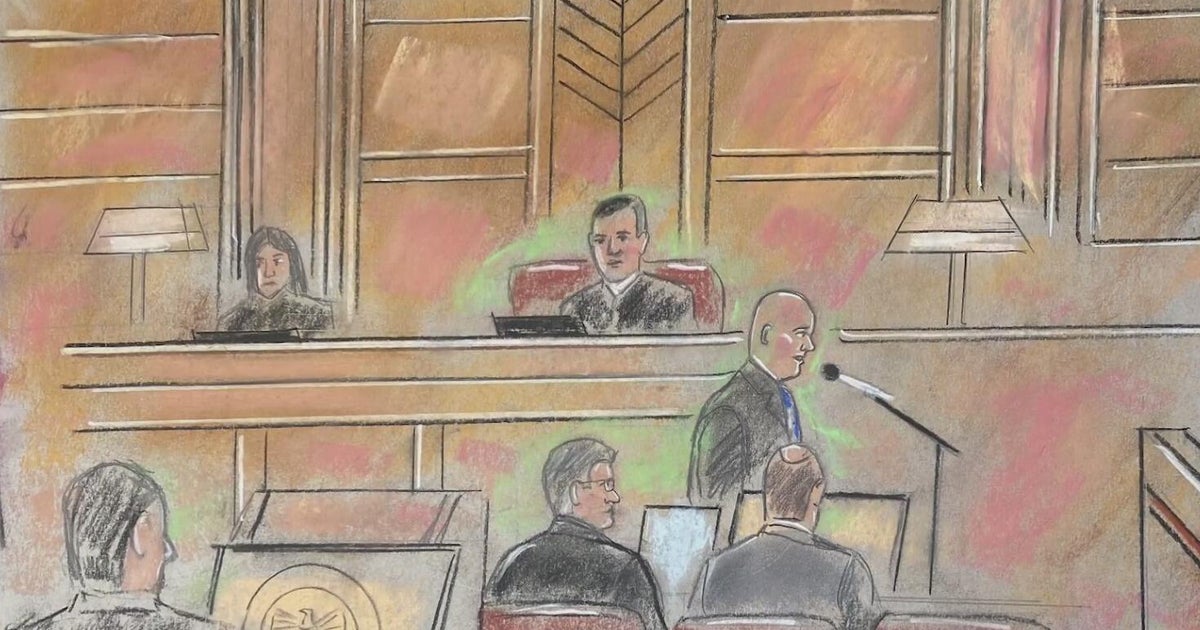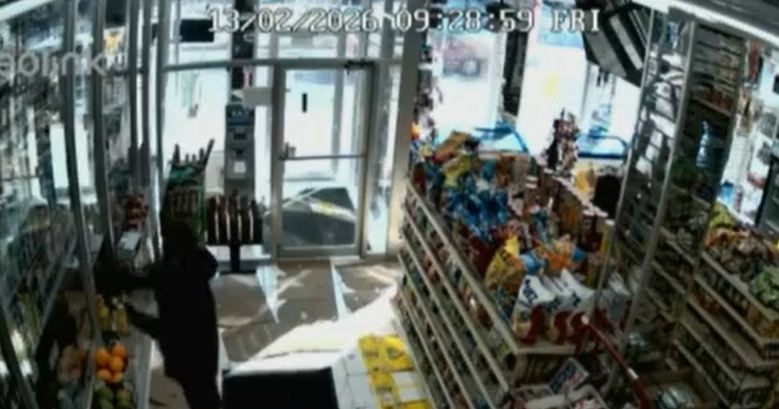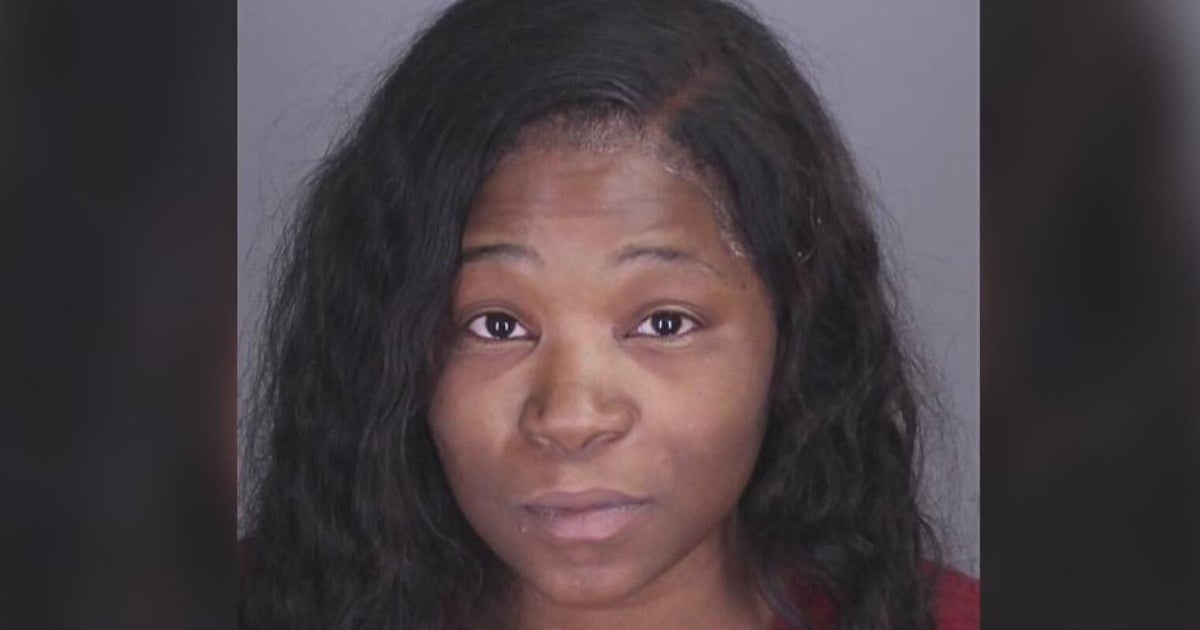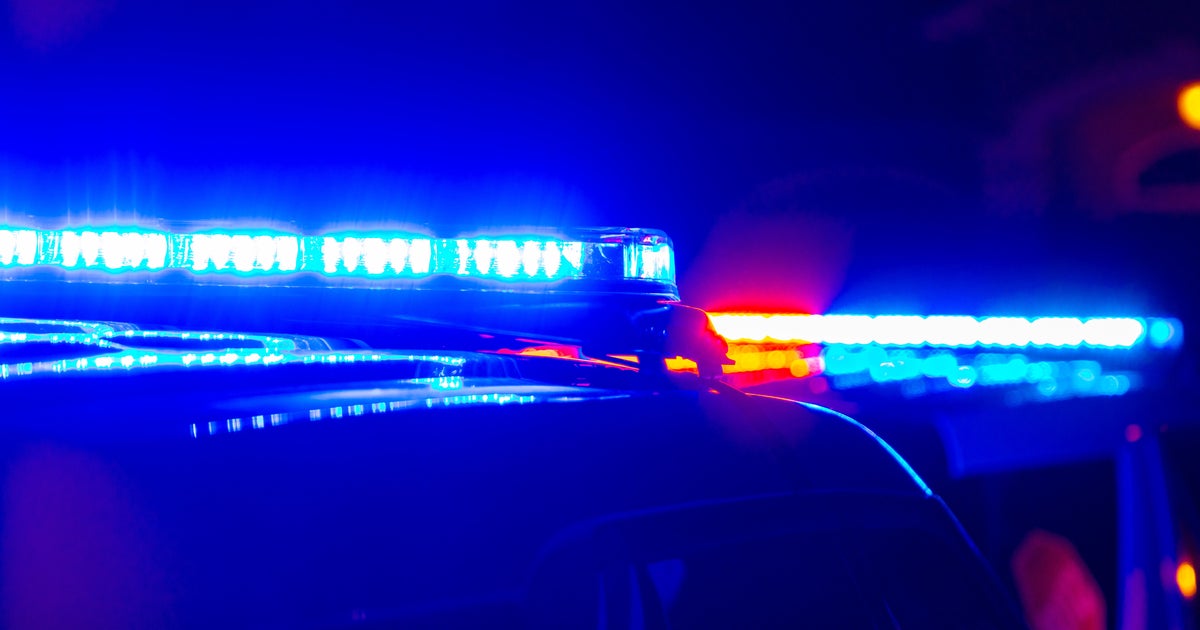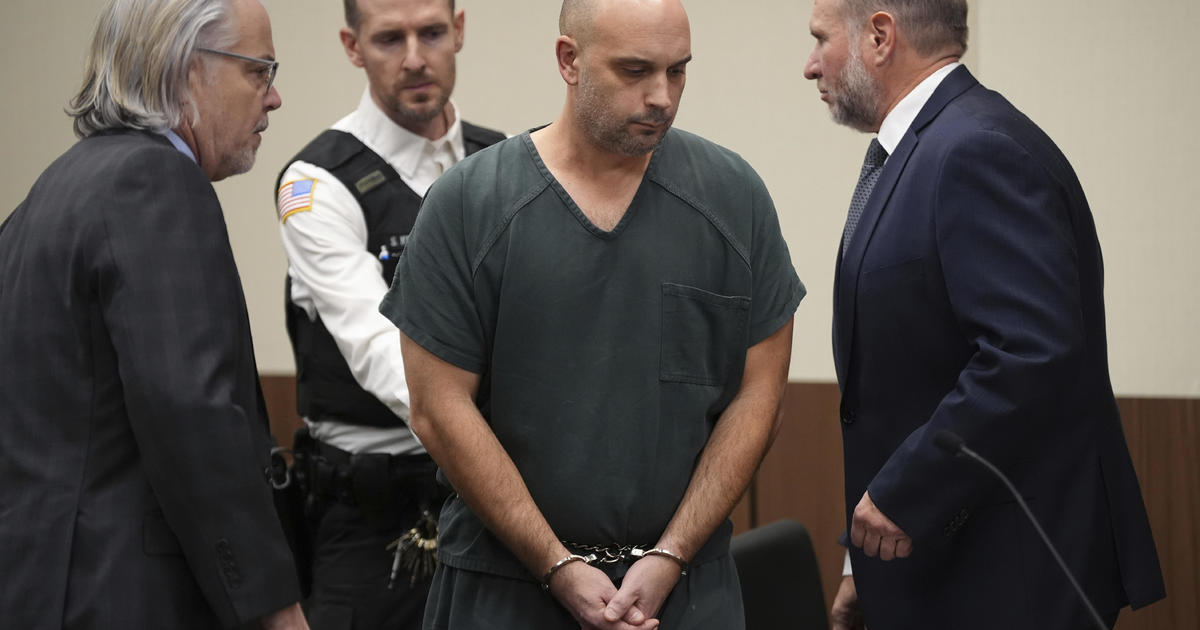Marin Trial Of Accused 'Double Initial' Serial Killer Begins
SAN RAFAEL (CBS SF) -- In a rambling opening statement that lasted nearly two hours, Joseph Naso told a Marin County Superior Court jury Monday the prosecution does not have even circumstantial evidence he killed four women and dumped their bodies along rural roads in three counties between 1977 and 1994.
Standing in a black suit near the defense table, Naso, 79, of Reno, said, "I am not the monster who they say killed these woman. I don't kill people, and there is no evidence of that in my writings or photography."
He called the prosecution's case a combination of theory, speculation and opinion.
"You will see none of this evidence will surface," Naso told 19 jurors, including nine alternates, at the trial that is expected to last until November in Judge Andrew Sweet's courtroom.
Naso, a former commercial photographer, is representing himself but has an advisory counsel to help him with questions of law and judicial proceedings.
"If I was guilty, I would have to hire the two or three best attorneys in the Bay Area," Naso told the jury.
On Monday morning Deputy District Attorney Rosemary Slote outlined the prosecution's case during her 97-minute opening statement.
She said Naso's DNA was found on epithelial cells on the pantyhose of victim Roxene Roggasch, 18, of Oakland whose body was found on White's Hill off St. Francis Drake Boulevard near Fairfax on Jan. 11, 1977.
"It's not a match, it's a theory. There's no conclusive evidence," Naso said.
The DNA of Naso's wife Judy was found on pantyhose that were wrapped around Roggasch's neck, Slote said.
Another victim, Carmen Colon, 22, was living in a San Francisco apartment when she disappeared, Slote said. Her body was found in Contra Costa County on Aug. 15, 1978.
The body of Tracy Tafoya, 31, was found near Marysville Cemetery in Yuba County on Aug. 14, 1994, and the body of Pamela Parson, 38, of Linda in Yuba County was found on Sept. 19, 1993.
All four women worked as prostitutes, and Tafoya, Parsons and Roggasch were strangled, Slote said. Colon's body was too decomposed to determine a cause of death.
Naso lived in Oakland less than three miles from where Roggasch and Colon worked as prostitutes, and later in Yuba County not far from where Parsons' and Tafoya's bodies were found, Slote said.
"I have no issues with prostitutes. I have high regard for them," Naso told the jury.
He said he had contact only with Parsons as a photographer who liked to pose women in exotic "pin-up, cheesecake" poses.
"She did modeling for me. I'm sorry about her demise, but I didn't do it," Naso said.
He said there is no evidence he was with any of the four women the last time they were seen alive.
Slote also told the jury there were references to the four women in a "list of 10" found in Naso's safe deposit box at a Reno bank.
Written on the list were "girl from Port Costa, girl from Logunites (sic), girl from Linda (Yuba County) and girl from MRV (Cemetery).
Naso told the jury the list is "vague" and doesn't include names.
"It's just a piece of paper with a general location. There's not
even a year," Naso said.
Five other entries on the list of 10 were redacted, but entry No. 8, "girl in Woodland, Nevada County" might refer to a woman named Rene Shapiro, who changed her name after she was adopted by the Shapiro family to "Sara Dylan," the name of musician Bob Dylan's ex wife.
She was a huge Bob Dylan fan and she attended his concert tours all over the world. She was last seen at a Dylan concert in Hawaii in April 1992, Slote said.
In 1998 a skull was found in Nevada County near the Placer County border, Slote said.
Slote said a passport with the name Sara Dylan and a photo were found in Naso's safe deposit box at a Reno bank.
Investigators located her birth mother, who had given her daughter up for adoption to the Shapiro family in Texas, Slote said.
The DNA from the skull found in Nevada County matched her birth mother's DNA, Slote said.
Naso told the jury no one saw Sara Dylan leave Hawaii in 1992, arrive on the mainland or saw her alive in California.
He said the fact the passport was found in his safe deposit box does not link him to her death.
He also told the jury he often finds clothing and identification papers when he goes "Dumpster diving" after flea markets.
"I'm a pack rat," he said.
Slote said prosecutors learned about Sara Dylan and the skull in
Nevada County about six months ago, and they have not charged Naso with her death because there would then be another preliminary hearing which would further delay the trial.
She said she mentioned the Sara Dylan passport in her opening statement "for identity purposes" and would not comment further.
Naso said he would like the jury to find him not guilty so he can "get his life back, go back home and see my children."
"I don't know where or why they were murdered. We don't know if they were done by the same person. There are a lot of unanswered questions. Don't buy it unless there's real good evidence," Naso said.
The trial resumes Tuesday morning. There are no trial sessions on Thursdays.
(Copyright 2013 by CBS San Francisco and Bay City News Service. All rights reserved. This material may not be published, broadcast, rewritten or redistributed.)
